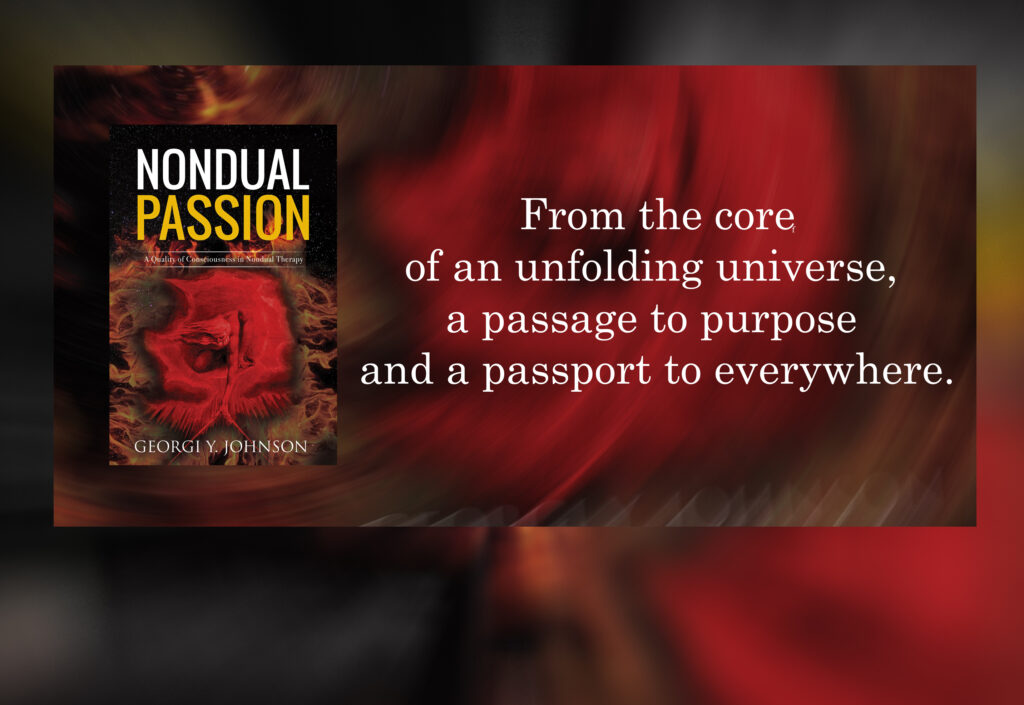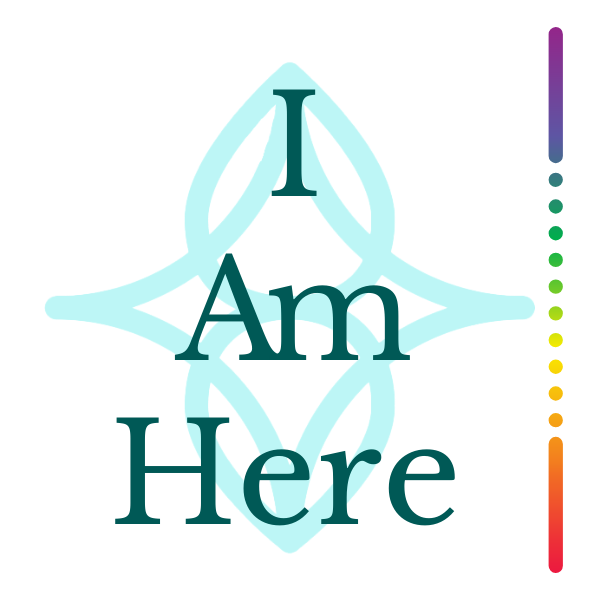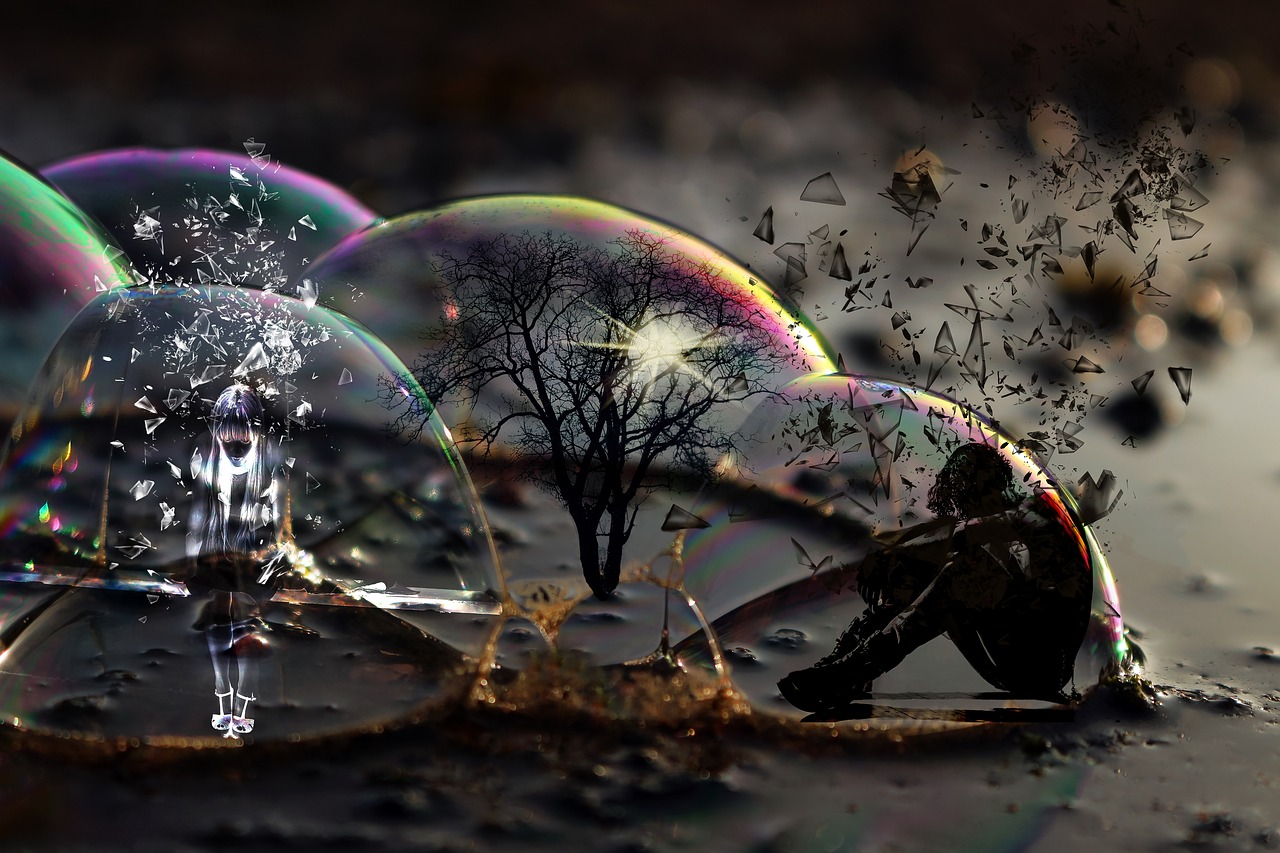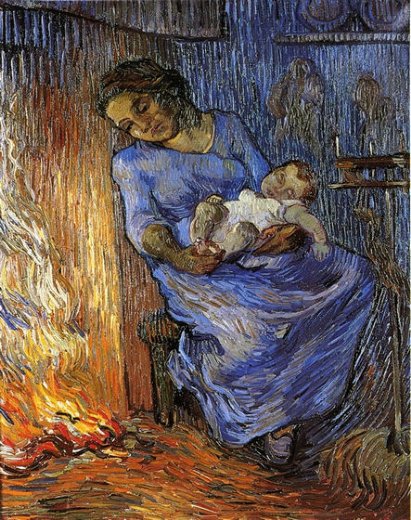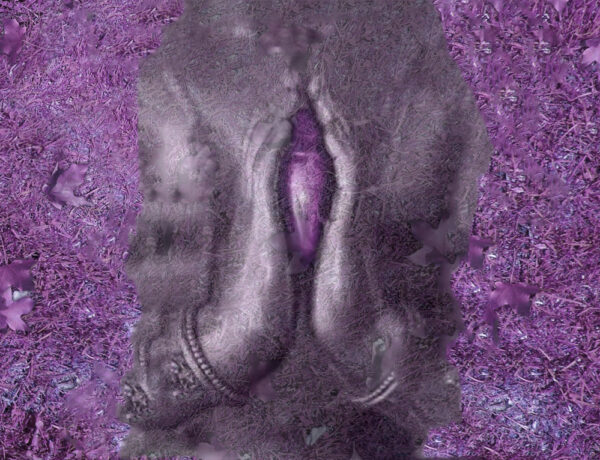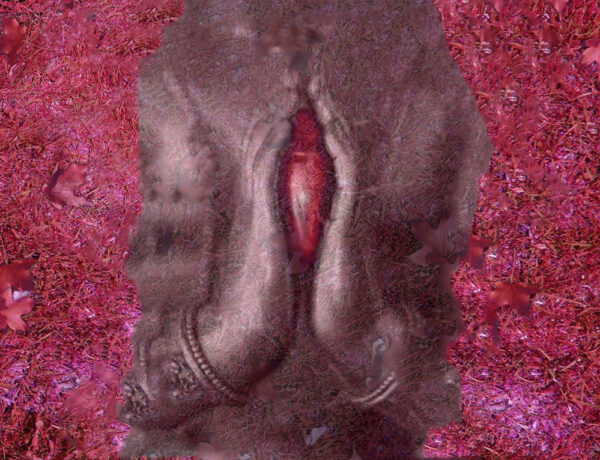Extract from the new book: Nondual Passion
What is the official definition of addiction?
“Addiction is a treatable, chronic medical disease involving complex interactions among brain circuits, genetics, the environment, and an individual’s life experiences. People with addiction use substances or engage in behaviors that become compulsive and often continue despite harmful consequences. Prevention efforts and treatment approaches for addiction are generally as successful as those for other chronic diseases.”
This standard definition states that addiction is caused by interactions between our brain circuits (read: conditioning); genetics (read: inherited trauma, stress responses and resilience); environment (read: education, culture, society, collective pathology); and individual life experiences (read: trauma). When you put it together, you find that the causes of addiction include just about everything – they are personal, collective, infective, contagious, inherited, historic and mental. All of these are mixed up together in a perfect storm – the storm that makes you an addict. But it is also the storm that makes you human.
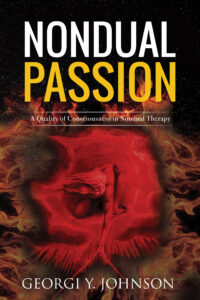 Addiction is stated as a chronic medical disease, with holistic causes combining just about everything – biology, nature, and nurture. Something in the power, methodology and logic of addiction is so prevalent as to be part of our makeup, but it only becomes “addiction” when it is judged as bad or destructive to the wellbeing of the whole. Yet part of the badness and destructive effect of addiction is the result of the accusation of badness. Perhaps initially we sought out relief through certain rituals because we were in pain. When that habit is judged, the habit is made bad, but also our pain is made bad. The whole lot becomes “bad”. We are becoming badness. The door of compassion closes.
Addiction is stated as a chronic medical disease, with holistic causes combining just about everything – biology, nature, and nurture. Something in the power, methodology and logic of addiction is so prevalent as to be part of our makeup, but it only becomes “addiction” when it is judged as bad or destructive to the wellbeing of the whole. Yet part of the badness and destructive effect of addiction is the result of the accusation of badness. Perhaps initially we sought out relief through certain rituals because we were in pain. When that habit is judged, the habit is made bad, but also our pain is made bad. The whole lot becomes “bad”. We are becoming badness. The door of compassion closes.
After judging addiction as bad, we add to the addict the energy of badness, shame, and guilt, which has a potency that can demonize the core pain – giving it a resonance of evil. The accusation of being a perpetrator of harm accentuates the contraction and its unbearable resonance. As it is bad, destructive, and evil, we seek to control addiction and the addict. Yet when this control involves humiliation, domination, forced submission, repression, and oppression, when it has the resonance of prohibition, it further demonizes the pain. It repeats the original movement of contraction or trauma. It isolates and disconnects the person from their own center and vitality. In the words of addiction expert Scott Kiloby:
“Emphasizing “I should” and “I shouldn’t” thoughts around an addictive substance or activity actually helps keep the addiction around, as it creates a sense of self that seems to have control. If control were truly the answer to addiction, humans wouldn’t still be addicted, because everyone is already trying to control addictions. It isn’t working.”
Who decides between the “should” and “shouldn’ts” in our lives and according to what value system? Often the conditions we put on each other reflect the conditions we put on ourselves. These conditions are mostly born of fear and pain. They are based on avoiding that outcome or that pain. We seek to deal with pain rather than to heal it. To heal it, we need to find it, wherever it is hidden, and behind whatever it is hidden. Even when our deeper pain is hidden behind a bottle, inside an addict who appears as the stranger that we just can’t forgive, our deeper need is to acknowledge that we are responsive to this pain. When we deny the pain, loss, or trauma within addictive patterns, and begin to dictate behaviors on others, we assume a standard without really standing for it, and then we begin a whole, circulating pandemic of shame and blame.
The habit of needing habits
How can we make this natural, rhythmic, ritualistic support system of repeating patterns of behavior work for us and not against us? How can we take the prison bars and find a scaffold for freedom in form – a ladder to the heavens?
An addictive tendency that brings wellbeing for the whole is clearly more needed than one that brings illness and death. How, then do we harness the power of addiction for the greater good?
|
Not by denying it, but by riding its power. The pressure, compulsion, vitality, and transformative power within the movement of passion resemble the addictive mechanism, only here there is an orientation toward the wellbeing of others through which the biochemistry of reward is spontaneously arising. We can take the passion but leave the battle for the bottle behind.
What is an addict? Here, we see the definition is not just covering substance abuse (food, alcohol, drugs), but also behaviors. What is behind both substance and behavior is the factor of compulsion. Our actions are compelled by a force which is greater than the authority that says we should not. To be compelled is to be forced, so addiction is when we are forced into a certain pattern. Yet the addict is often treated as the one having the compulsion – they are compulsive – rather than the one that is compelled. There is a split into two – a war going on between good and bad – which delivers a kind of stress and distress that seeks relief, one way or another.
Within this compulsion is the intense energetic charge of pain. Empowering addiction is that sense of unbearable agony in the psyche which is at once deeply true and utterly disavowed. We find that torment in the areas where we lose our compassion, where we break- down, where the resonance is ongoing torture and is therefore unforgivable. In the words of Gabor Maté:
“Not all addictions are rooted in abuse or trauma, but I do believe they can all be traced to painful experience. A hurt is at the centre of all addictive behaviours. It is present in the gambler, the Internet addict, the compulsive shopper and the workaholic. The wound may not be as deep and the ache not as excruciating, and it may even be entirely hidden—but it’s there. As we’ll see, the effects of early stress or adverse experiences directly shape both the psychology and the neurobiology of addiction in the brain.”
The addictive substance or behavior is the one thing that delivers a momentary sense of wholeness, or freedom from conflict. The divisive nature of the ongoing war is also found in the splitting into competing external authorities: the authority that says you must not drink that whiskey, and the authority that says that you must. Either way, the whiskey is the issue, so it always wins. The substance becomes the common ground between the “should” and the “shouldn’t”. At least with the whiskey, we move beyond conflict. In whiskey, we are one.
The standard definition of addiction continues with the stipulation that these compulsions are those that have “harmful consequences”. Notice the judgment. Judgment heaps the energy of badness on whatever it is that you are compelled to do. It puts badness on your compulsion. This badness includes the vibrations of shame, guilt, and abuse. Your addiction has consequences, so now you are not a victim, but a perpetrator, so we can add cruelty to the list. There is a visceral threat of evil in it, and that evil is pushed toward the addict with his generational, environmental, cognitive, personal, brain mess of perpetual badness. This badness is constantly refilled by the scorn of others, so the addict now also suffers extra helpings of loneliness, isolation, condemnation, and despair. The self-destruction drive-thru goes turbo.
At this stage, let us breathe and take in a timely reminder: we are all prone to addiction. We are all addicts. We are addicted to being stupefied by our smartphones and to shutting down socially with social media. We sit stunned in our addiction to the news and to movie channels of terror, suspense, and ridicule. We are addicted to fast food, slow thought, and chemical killers of pain. We are compelled into easier ways to shop, lazier ways to survive, and cheaper ways to ignore the itching questions of our own life force. We toast the destruction of the planet with petrol and fly everywhere while bellowing smoke across the oceans. We are compelled to attend to sexist abuse, tyrants, war, atrocity, and injustice and we revel in it, as long as it is far out there, away from our private, separate inner world.
We are addicted because the horror somehow makes us feel alive. We are addicted because in some forsaken precinct of the soul, we feel slightly less alone. And when we are done fumigating the soul through projection on “the world”, we re-engage with lame small talk and grandiose blame.
We are addicted to being “someone” and to losing no one. We drown ourselves in casual desire and snort the toxins of gender hate to spice things up. We lie and we buy ourselves into prisons of choice. We are all addicted and despite the harmful consequences, we have sorely neglected and denied out inborn passion for life.
If that last paragraph of holy rant makes you angry, let it. This is your own intimate passion on the rise.
If, for a moment, we could take the sense of badness out of our collective state of addiction, and instead be curious about this tendency to seek wellbeing in all the wrong places, then we begin to find a middle way to wholeness. What we know for sure, between our sorry state as addicts and our unfulfilled state as good citizens, is that both are seeking wellbeing. Yet wellbeing is not a stagnant state of “good-ism”. It is a tremendously powerful magnetic force. It is an impulse that runs through everyone and everything – from the source of me, directly to the source of you. It is where the point of me finds the point of you. Wellbeing seeks itself through the manifold. It is unstoppable. It is right here: where we are one.
